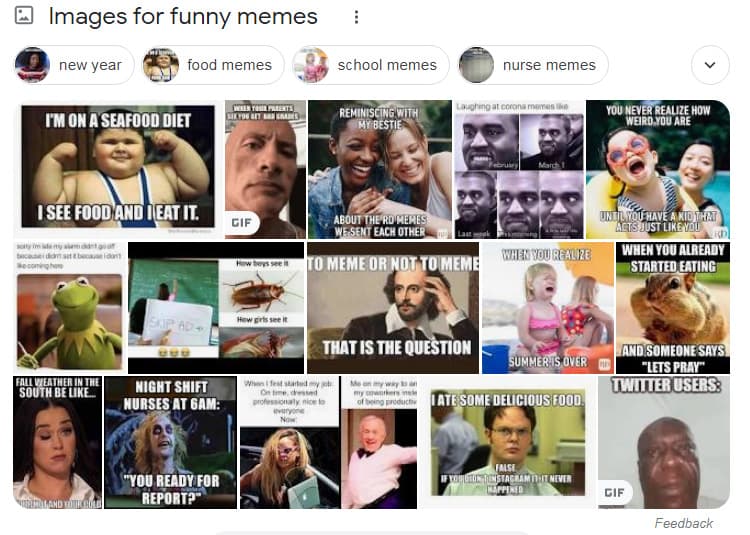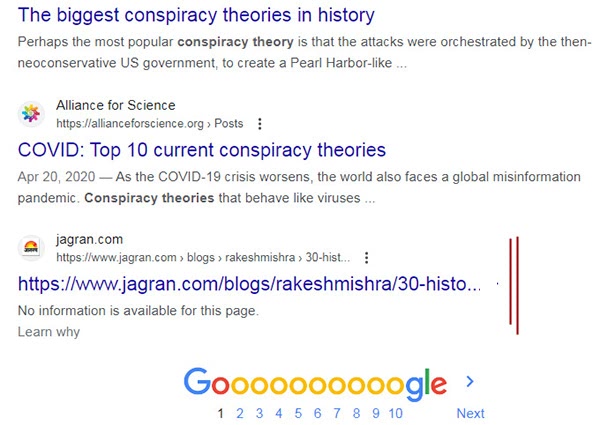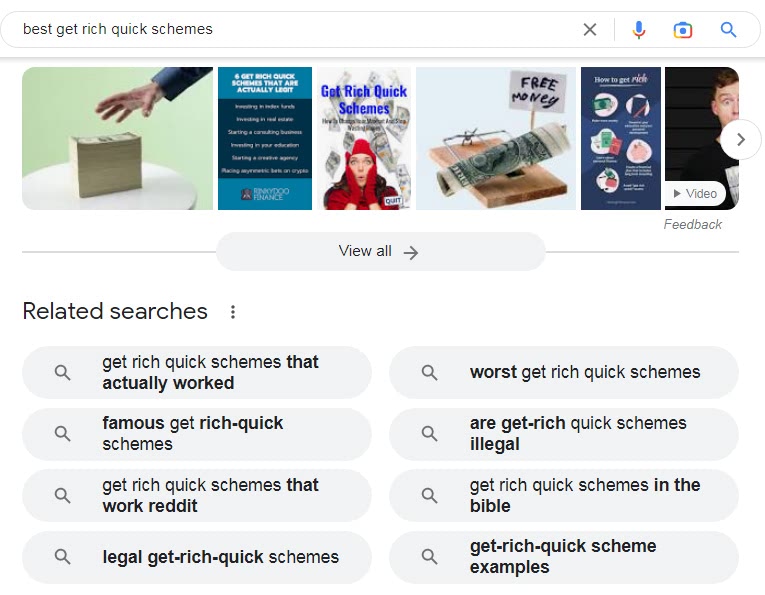Website trustability through the eyes of Google
The E-A-T principles have been here since August 2019, but in December 2022, Google rolled out the helpful content update and 10 days later published new guidelines for quality raters (they are the hired experts who monitor the SERPs). That 176-page document introduced the so-called Double-E-A-T concept:
E-E-A-T = Experience – Expertise – Authoritativeness – Trustworthiness
The newly added factor, experience, is highlighted in red. The guidelines say that the central of the four principles is trust.

The fact is that the Search Engine will not consider a page trustworthy based on the quality of the publication alone. The trust also requires the significant professional expertise of the post’s author or their proven first-hand experience with the subject, as well as the authority of the site as a whole.
That is especially important for web resources on medicine, finance, and other vital areas (YMYL, Your Money or Your Life, topics). It’s worth looking at the original post if you like long reads, but I have another proposal.
I would like to present to you an interview on “How to meet Google’s E-A-T requirements.” And my interviewee is... ChatGPT. Do I consider it an expert in ranking algorithms? Of course, no. But not many people have looked under the hood of Google’s ranking engine, either.
At least this chat bot knows how to clarify complicated manuals and has a pretty good imagination.
How to meet Google’s E-A-T requirements
Please put yourself in the shoes of a website owner who is trying to publish useful content in a competitive niche. That person doesn’t have a lot of time for social networking and link building. So how could it be possible to build trust? What should a site owner do to meet Google’s E-E-A-T requirements?
Here are some ways to earn trust without relying on social networks or link building:
- Focus on creating high-quality, informative content. You should ensure that the articles on your website are well-researched, well-written, and provide value to your target audience.
- Demonstrate your expertise by showcasing your qualifications and experience. This can be done by including an “About” page on your website that outlines your background, education, and relevant experience. It should also contain a link to your LinkedIn or other professional accounts.

- Provide evidence to support your claims. Whenever you make claims or cite statistics, it’s important to provide evidence to back them up. This can include citing reputable sources or linking to studies that support your arguments.
- Test your site and make sure of its quality. A well-designed website that is easy to navigate can help build trust and credibility with your audience. Make sure that your layouts are logically organized and the content is clearly structured.
- Engage with your audience on multiple platforms. Respond to comments and answer questions on social media and Google Maps. Feedback can help you build trust and establish your authority in the niche. This can also help foster a sense of community around your website and brand.
While social media and link building can be beneficial for visibility and traffic, they are not essential for building credibility and trust with your audience.
The concept of E-A-T has evolved into Double-E-A-T. What’s the difference?
Double-E-A-T includes the additional factor of “Experience”, which refers to the content creator’s history. Factors that may be considered in evaluating experience include the creator’s past content, their credentials or qualifications, and their track record in the industry.
Do you think all four factors are equally important?
Their relative importance can vary depending on the query context and search intent of the user.
For example, if a user is searching for medical or financial advice, expertise and authoritativeness may be more important factors in determining the quality and trustworthiness of the content. On the other hand, if a user is searching for a recipe or travel guide, experience and trustworthiness may be more relevant factors.
Content is King, but does quality always win out?
When I see low-grade sites on Google, I ask myself why the E-A-T rule doesn’t work. Do you have any ideas?
E-A-T is not a direct ranking factor, and there are some reasons why low-quality websites may manage to rank highly.
- Lack of competition: In some niches or for specific queries, there may not be a lot of high-quality content available.
- Black hat SEO tactics: Some sites may use keyword stuffing or link schemes to try to manipulate search rankings. While Google has algorithms to detect and penalize these tactics, some sites may rank highly in the short term.
- Outdated content: In some cases, older content may still be ranking highly when it’s no longer accurate or relevant. This is especially true for evergreen topics where the search volume doesn’t change much over time (fitness, nutrition, and mental health; money management and investment; home improvement; beauty and fashion; education).
Do you think keyword stuffing can cheat RankBrain?

This could occur if the keywords are used in a way that doesn’t necessarily appear to be keyword stuffing to Google’s algorithms. However, these tactics are typically not sustainable in the long term and can ultimately harm a site’s reputation.
Try to provide search queries that may have low-quality results in the Google Top 10.
- “funny memes” - This query is likely to return a mix of high-quality and low-quality sites, with many of the top-ranked sites prioritizing humor and entertainment value over content quality or originality.
- “free stock photos” - Users searching for free stock photos may be willing to sacrifice some quality in exchange for free access. As a result, some of the top-ranked sites may offer lower-quality images or have a limited selection.
- “DIY Halloween costumes” - This query may return a mix of high-quality and low-quality sites, with some sites offering creative and well-executed costume ideas, while others may offer more simplistic or poorly-executed ideas.

In these examples, both the query and the user’s intent are straightforward. I guess Google will easily cope with rankings. How about ambiguous queries?
“best conspiracy theories”, “best get rich quick schemes”, “DIY repairs” “home remedies”, “quick weight loss tips”

These are all queries that may attract low-quality or misleading content, as they are topics that are often associated with scams, false information, or unsupported claims. However, it’s important to note that there may still be high-quality sites that offer legitimate and helpful information on these topics.
Not so ambiguous, but fun. Based on what factors would you rank pages for “best get rich quick schemes”?
I should clarify that I would never recommend trying to rank for a search query like this. However, if we were hypothetically trying to rank for this query, a page would need to provide information about various get-rich-quick schemes and their associated risks and benefits, while also discouraging users from engaging in these types of schemes.

Farewell from the chatbot
Google’s ranking algorithms are designed to prioritize high-quality and trustworthy content, so sites that promote false or misleading information may eventually be penalized in search results. In any case, it’s important for website owners to prioritize high-quality content that provides value and establishes the credibility and expertise of the domain.
A little extra from me: Quality and helpfulness aren’t always the same thing
Not every online niche should create publications worthy of citation in paper encyclopedias. Commerce, tourism, and the entertainment industry don’t need them (the last one needs more homemade cat videos).
Also, Google in English and Google in some less common languages behave differently. In the second case, the quality criteria may be slightly weaker.
But the main point is that Google understands that high-quality content and useful content are not always the same thing. The order they appear on the SERP will depend on how the Search Engine interprets the user’s current needs and intents (for more on ranking factors, read there).
Examples of useful but not too inventive resources are
- clones of popular Q&A services, automatically translated into all the world’s languages;
- the paraphrase of some complex instructions or cooking recipes in simple words.
And while Google’s guidelines recommend raters pay attention to how much effort the author has put into creating the content, I hope this partially AI-generated text will be found useful.
The original dialog with ChatGPT was edited by me for brevity.